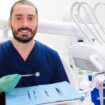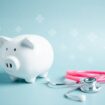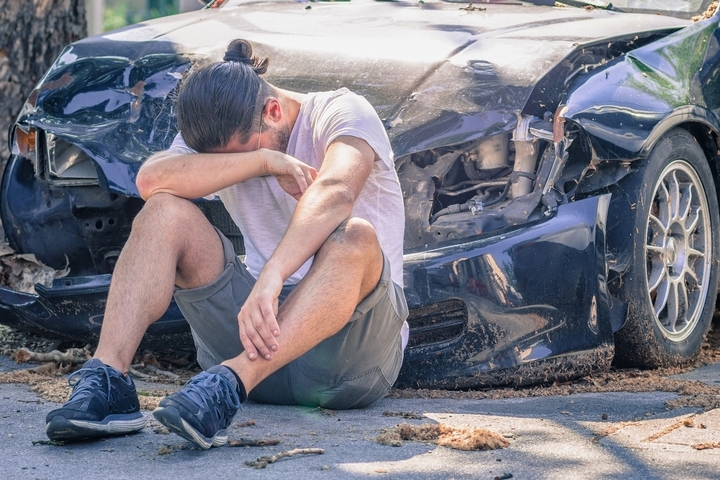
How to Recover from a Car Accident
Data from Canadian Motor Vehicle Traffic Collision Statistics shows 1,768 cars were in accidents in Canada in 2021. While most accidents result in minor or no injuries, some will cause life-changing injuries.
Car accident injuries can be physical or mental. The time it takes to recover from your injuries will depend on the severity of the injury and if you got the proper treatment. If you or your loved one was involved in a crash recently, here are tips to aid recovery.
Physical Injuries from Car Accident
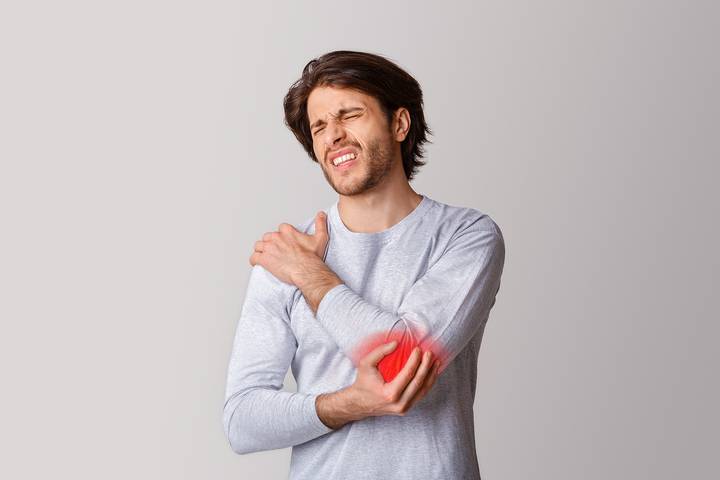
Physical injuries from car accidents can range from minor bruises to life-threatening conditions. The degree of injuries will depend on the speed of the collision, the type of vehicles involved, and if you were using a seatbelt and airbags.
The most common types of physical injuries include broken bones, whiplash, chest injuries, internal injuries, spinal cord injuries, head injuries, nerve damage and cuts.
Emotional Injuries
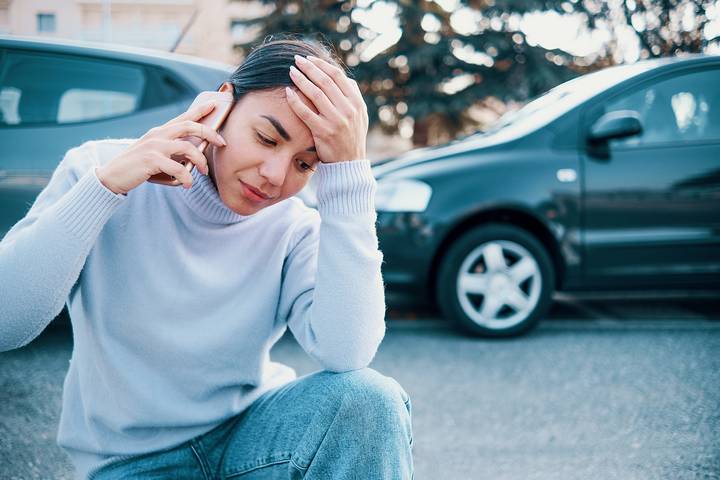
People involved in car crashes can also experience emotional effects. These will vary depending on the severity of the accident, individual coping mechanisms and pre-existing mental health conditions.
Some emotional reactions that result from a car crash include;
- Post-traumatic stress disorder (PTSD) like nightmares, flashbacks, anxiety and avoiding situations that remind them of the accident
- Anxiety and panic disorder
- Acute stress reaction
- Phobia
- Survivor guilt, especially if other people in the car died
Seek Medical Assistance
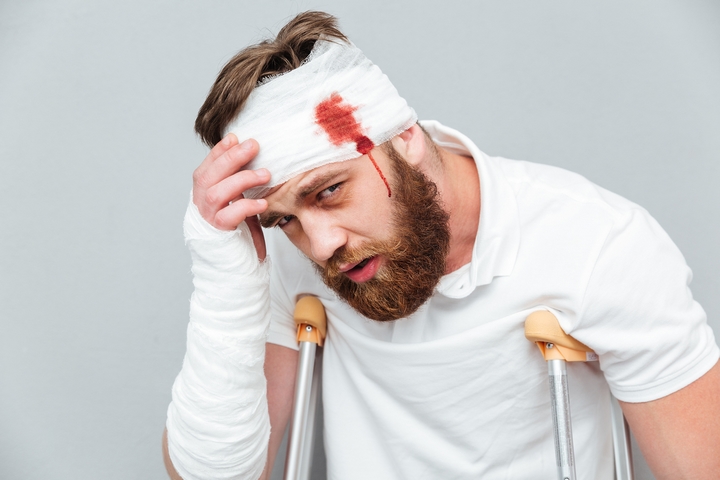
The impact of a crash should not be taken lightly. The first action should be to see a doctor, even if the injuries seem minor. Due to the shock, you might not experience pain immediately, but a doctor will conduct tests to determine if you have internal injuries.
The doctor will guide you on the medication, and the specialist to see for your injuries. Follow all doctor’s instructions, including medication and follow-up schedule. Sometimes, your medical expenses may be compensated. Check with a motor vehicle accident lawyer to determine who is at fault.
Rest
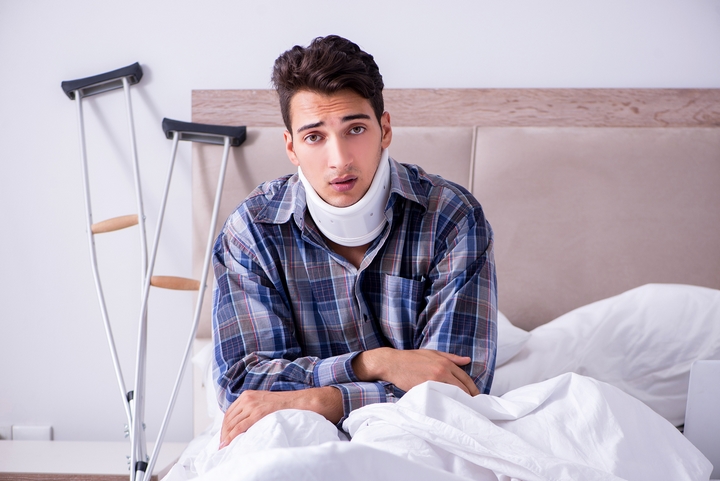
When involved in a car accident, the body goes into shock. Going back to your day job or activities immediately can affect your healing. It would be best if you gave it time to rest and recover. Doctors recommend taking at least 48 hours of rest, but this time will depend on the severity of your injuries.
It’s common for people who have been involved in accidents to feel tired. This happens after the adrenaline leaves the body. Rest will allow you to calm down and prevent exacting pressure on the injuries, which could worsen them.
Take Your Medication
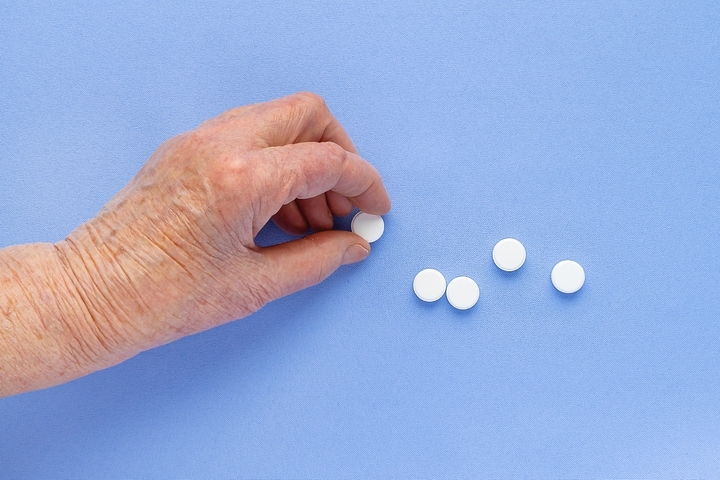
Many people usually take medicine only when in pain. When the pain reduces, it stops. Ensure you take all medication as prescribed by the doctor.
Use Ice and Heat
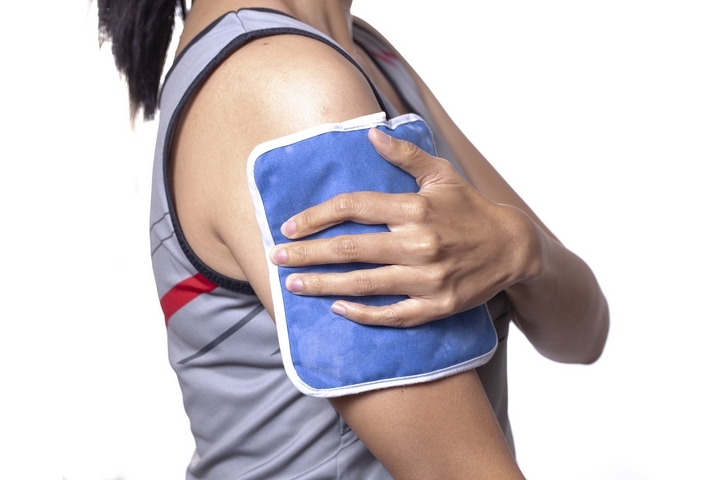
Even if you don’t get severe injuries after a car crash, you might experience sore muscles, neck pain, and inflammation. You can apply ice to the affected area to numb the pain and reduce inflammation.
This should be done within 24 – 48 hours after the accident. You should wrap the ice in a cloth and apply it for about 15 minutes, once every hour. After 48 hours, you can switch to heat methods like a heating pad or warm compress to relax tense muscles and improve blood circulation.
Stay Hydrated and Eat a Balanced Diet
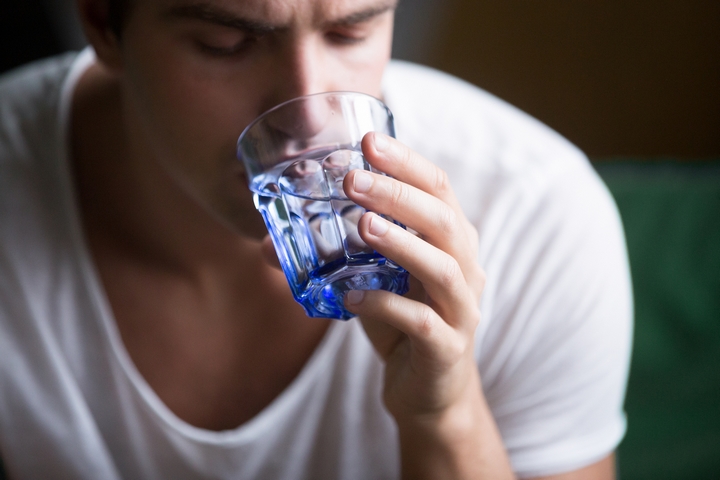
Your body will need essential nutrients to heal faster. You should eat a balanced diet containing proteins, carbs, fats, fibre, vitamins, minerals and water. Foods rich in vitamins, particularly vitamin C, help reduce inflammation, while proteins aid in muscle rebuilding.
Water is also essential for healing. It aids in muscle soreness and tension. Moreover, water thins the blood and transports oxygen and nutrients vital for healing. Doctors recommend drinking 6 cups of water daily.
Attend Physiotherapy
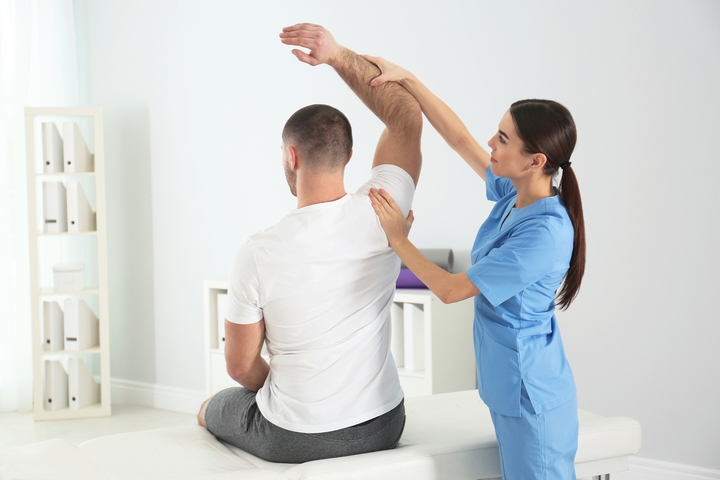
Depending on your injuries, the doctor may suggest you see a physiotherapist. Physiotherapy can help reduce pain, regain strength and balance, and improve mobility and function. Some techniques used in treatment include massage, heat therapy, exercises, and electrotherapy.
Perform Light Exercises

Light exercise like stretching promotes healing by improving joint mobility and blood circulation. However, these light exercises should be done only when the doctor or physiotherapist allows you to. Doing exercise without the doctor’s consent could affect the healing process.
Seek Emotional Help
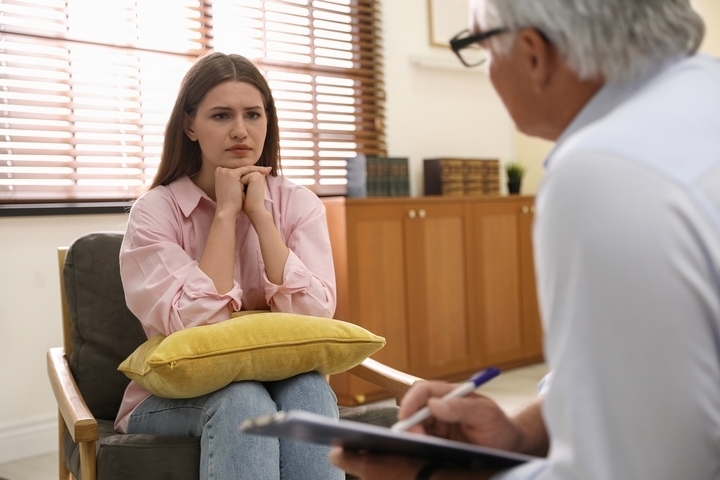
The aftermath of a crash is always overwhelming. Some people usually have PTSD or survivor guilt, particularly if they were the driver and someone died in the accident. Keeping these emotions inside is dangerous as it can lead to depression.
To overcome this, you need to talk about it. You could talk to a friend or a professional. It will help you accept the situation and move forward.
If you have been in a crash, it’s important to allow your body to recover fully. Going back to your usual routine could hinder the recovery process or worsen the injuries. Most importantly, seek treatment immediately after the accident and follow tips in this guide to recover fully.


